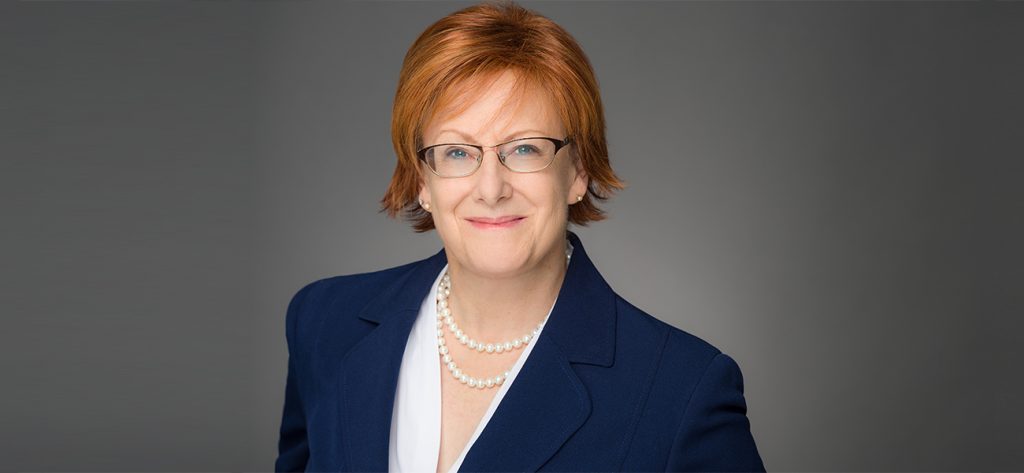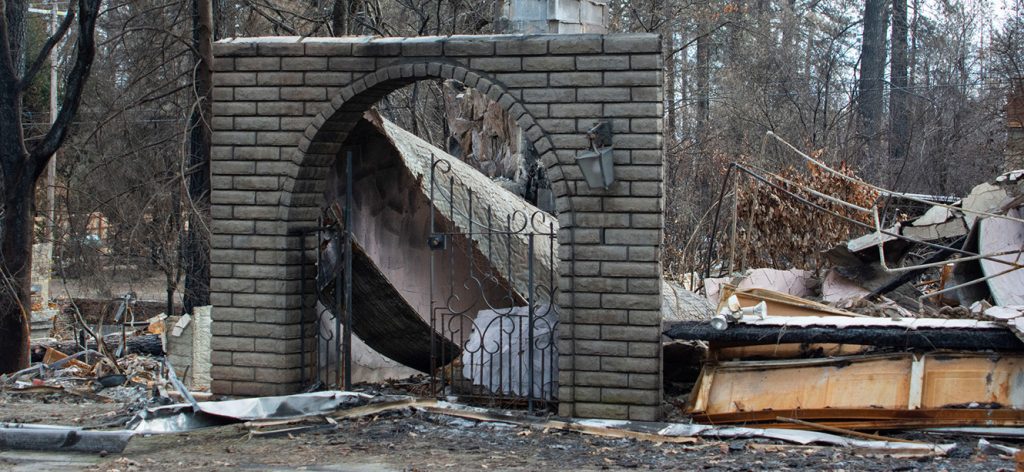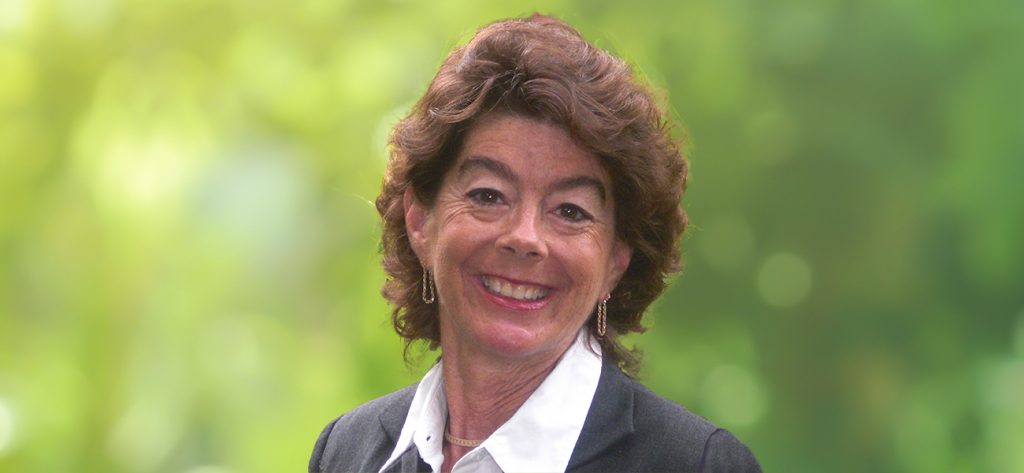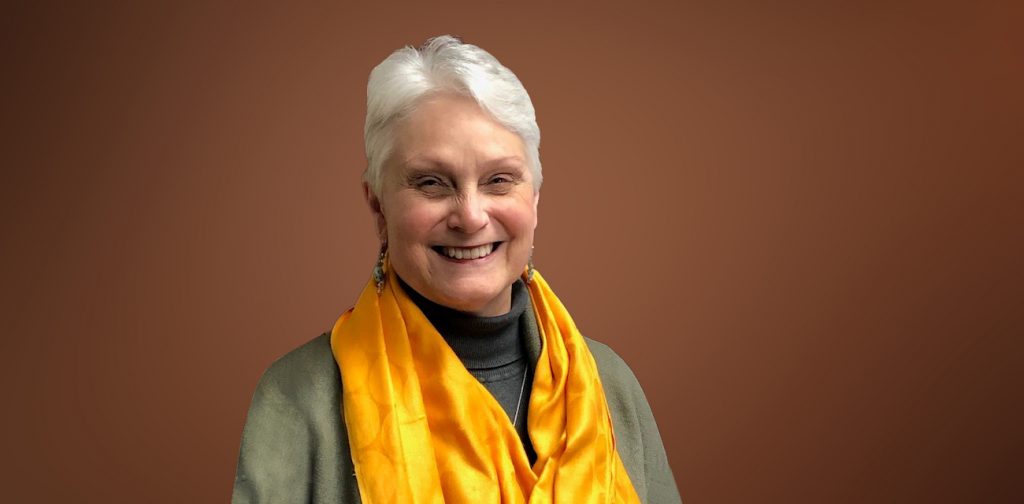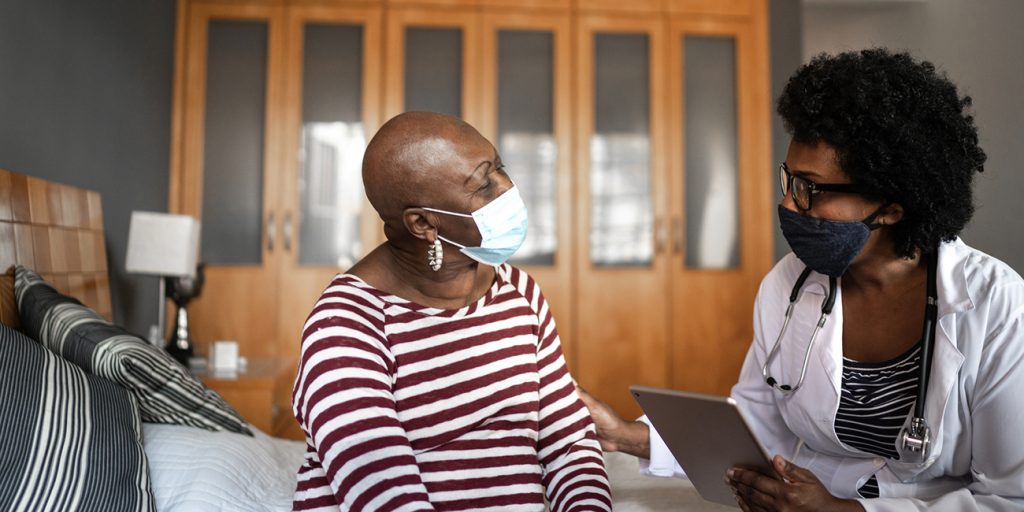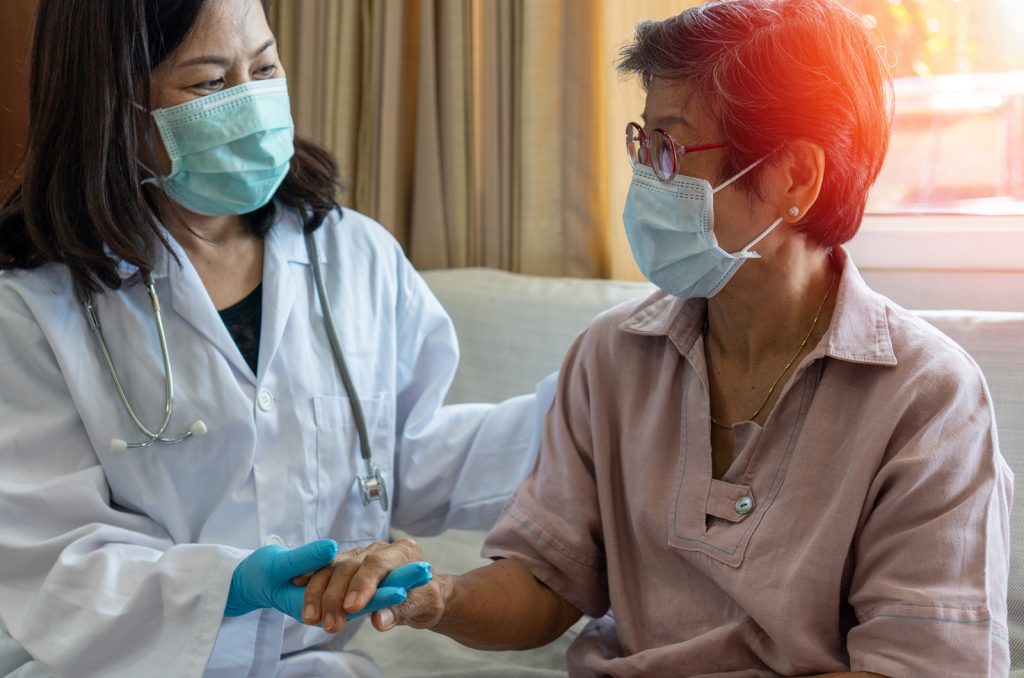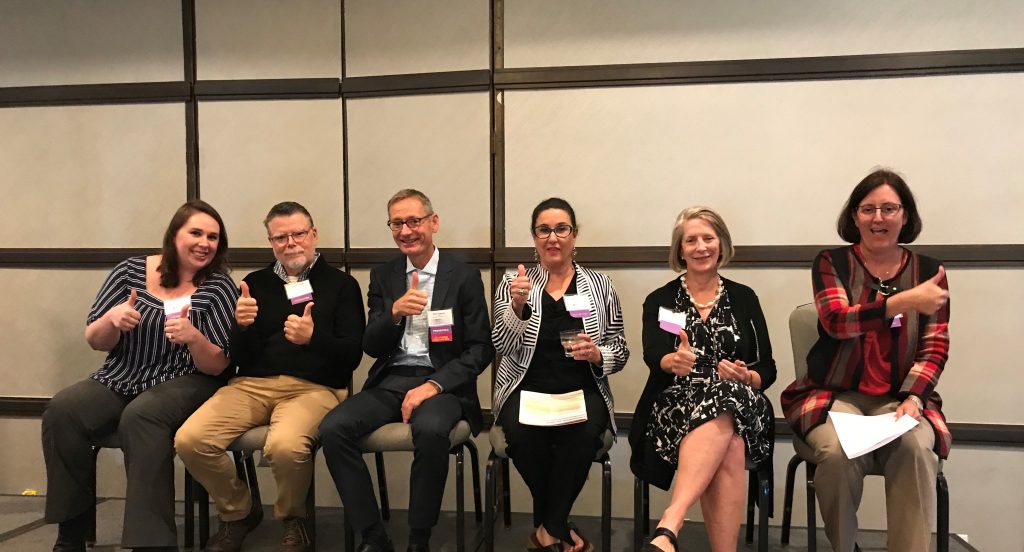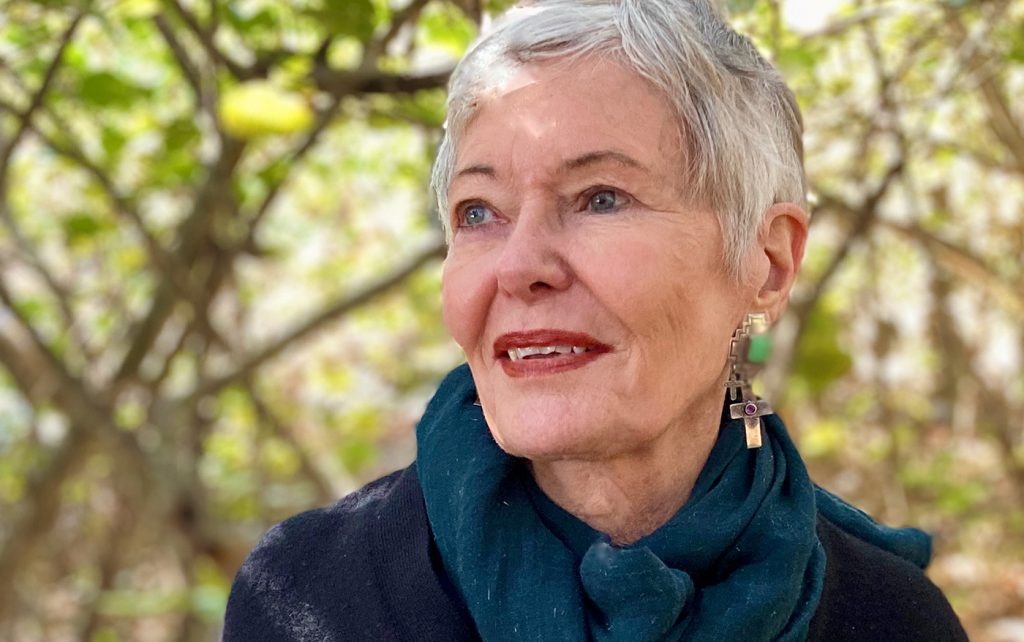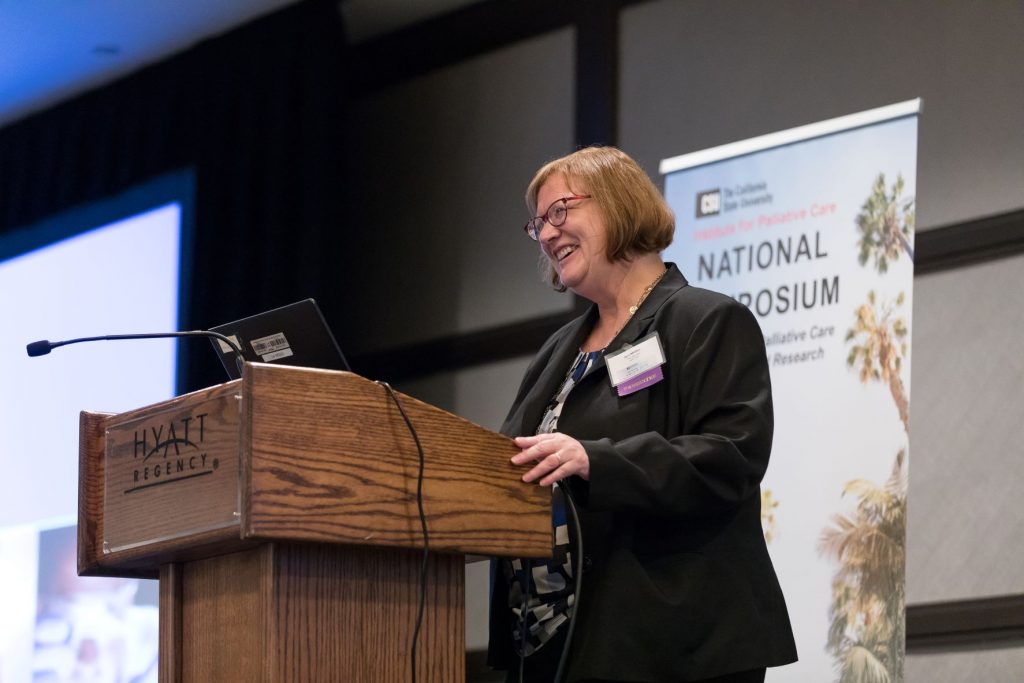Blog
In the early days of the COVID pandemic, some palliative care and hospice programs found themselves pushed to the sidelines of the national crisis response. Patients “crashed” fast; doors closed to all-but essential facility staff; some patients put off seeking care for preexisting serious conditions and thus failed to get connected with hospice and palliative care.
Palliative care is a humanistic, patient-centric form of healthcare that includes medical, emotional, and other supportive services for people who are confronting the impacts of a serious illness in many areas of their lives. Some have even called it “hand-holding,” although it involves much more than that.
You’ll be hearing a lot all April about National Health Care Decisions Day (April 16) and the importance of doing your advance care planning and completing your advance medical directives. So here’s my wiki on advance care planning/directives, born of 20 years of study and teaching, giving and taking professional guidance, being a patient and a family member of patients many times over.
As interest and use of cannabis-derived products for treating symptoms of illness grow across the country, hospice and palliative care practitioners are increasingly looking to understand how these products fit into the palliative approach for treating symptoms of serious illness.
A space for self-care, reflection, and creative expression to be highlighted at the National Symposium for Academic Palliative Care in San Diego.
Read one physician’s story about how a devastating fire in Northern California impacted the community and first responders, the critical role the palliative care team played in time of crisis, and her call for systemic responses.
The American Association of Colleges of Nursing has just taken a major step toward ensuring that clinical competencies in primary palliative care and end-of-life care are incorporated into nursing teaching curriculums.
Learn more.
Mental health nurse practitioner, CEO and founder of Opus Peace, Deborah Grassman, NP, to speak about her research into “Soul Injury” at the 2022 National Symposium in San Diego.
Nationally recognized pediatric clinician-educator, Joan Fisher MD, PhD, FAAP, will address pediatric palliative care and communication with medically complex children and families at the National Symposium for Academic Palliative Care Education and Research in San Diego.
The COVID-19 pandemic has intensified the need for more accessibility to palliative care services. Addressing the disparity in access between rural and urban medical environments, and broader training of frontline clinical workers in primary palliative care, are imperatives, says guest blogger, Aldebra Schroll, MD, of the Butte-Glenn Medical Society.
What if we extended palliative care even beyond the patient-and-family, even with a loose definition of “family,” and said “patient and their communities” instead?
Efforts to support patients’ spiritual needs can sometimes be overlooked given more immediate symptom management demands. While most clinical education programs don’t incorporate spiritual care, all clinicians need awareness of spiritual pain as a vital component of end-of-life care.
Judy Thomas, CEO of the Coalition for Compassionate Care of California (CCCC), delivers an update on recent public policy developments that positively impact POLST and palliative care in California.
Ensuring all clinicians in any setting caring for patients with serious illness have communication and symptom management skills is a top priority—but requires leadership and training. Several models are available.
Ronit Elk, PhD, a renowned researcher, educator and clinician will be a presenter at the 2022 National Symposium for Academic Palliative Care Education and Research.
Jean Watson, PhD, RN, AHN-BC, FAAN, nurse, author, and nursing professor, best known for her theory of human caring, will deliver the keynote address at the 2022 National Symposium for Academic Palliative Care and Research in San Diego, California.
2022 marks the return of the in-person National Symposium event. Back by popular demand is plenary speaker, palliative care leader, researcher, analyst, and author, Jeri Miller, PhD, MS, MSc.
Hearing Aids, Masks, and Telemedicine
The Telemedicine Skills for Clinicians course is self-paced, abundant with “clinical pearls” for enhancing telemedicine patient and family visits for any discipline in any setting, along with practical information on billing, documentation, and compliance.


